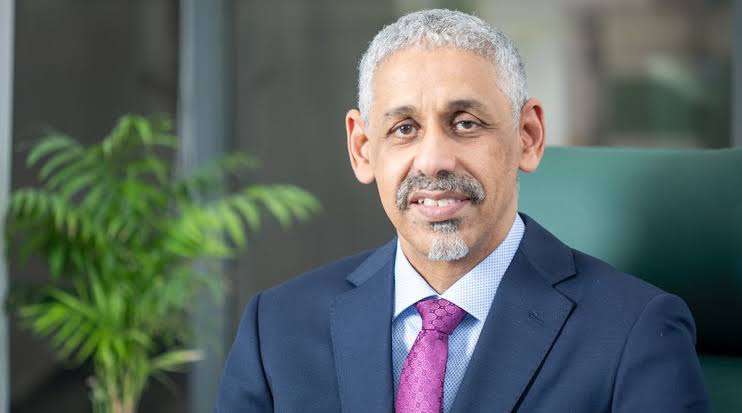Business
AfDB approves €73.27m loan to boost youth employment, skills in Equatorial Guinea

The African Development Bank (AfDB) has approved a €73.27 million loan to Equatorial Guinea to finance the first phase of the country’s Human Capital Development Project in Support of Economic and Social Inclusion (PARCH 1).
The five-year initiative (2025–2030) is designed to tackle rising youth unemployment by improving vocational training and expanding access to jobs, particularly for women, while promoting private sector-led growth, a statement from the bank said on Tuesday.
Under the programme, two modern provincial polytechnic institutes will be built in Bioko Sur and Welé-Nzas. These institutes will provide flexible, market-driven training in priority sectors such as agriculture, fisheries, public works, tourism and digital technology, developed in collaboration with the private sector.
According to Léandre Bassolé, AfDB’s Director General for Central Africa, the project is expected to create 4,500 jobs for young people and women, support the launch of 500 businesses – most of them youth- and women-led – and provide training and job placement opportunities for nearly 2,000 beneficiaries.
PARCH 1 is anchored on three pillars: upgrading vocational training to align with high-growth value chains; promoting youth and women’s employment through a stronger entrepreneurial ecosystem and wider inclusion; and improving project management and partnerships.
Equatorial Guinea is battling a youth unemployment rate of 23.5 percent, with the rate among women at 26.7 percent. The mismatch between educational training and labour market needs has left around 16.5 percent of youth unemployed, untrained, or out of school, forcing many into the informal sector and fuelling social tensions.
The country’s technical and vocational education and training system has been constrained by weak budgets, receiving less than 2 percent of national resources, alongside outdated curricula and weak recognition of skills.
The AfDB said the new programme will help bridge these gaps by reducing unemployment, improving economic inclusion, and fostering social stability, especially in Bioko Sur and Welé-Nzas.
As of 30 August 2025, the Bank’s active portfolio in Equatorial Guinea comprised six projects worth €85 million, with the bulk of investment directed towards agriculture and fisheries (65 percent), governance (34 percent), ICT (0.69 percent), and energy (0.55 percent).


